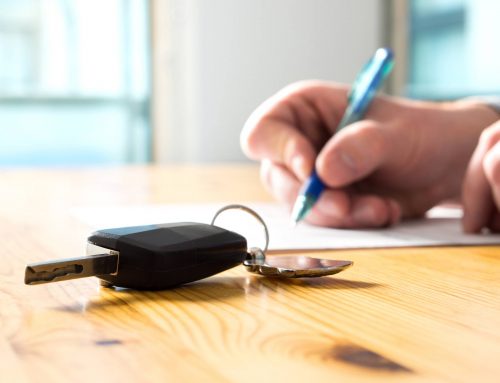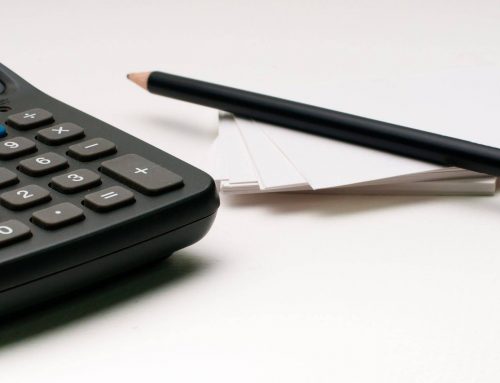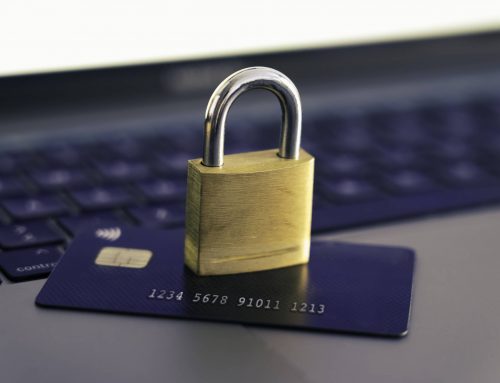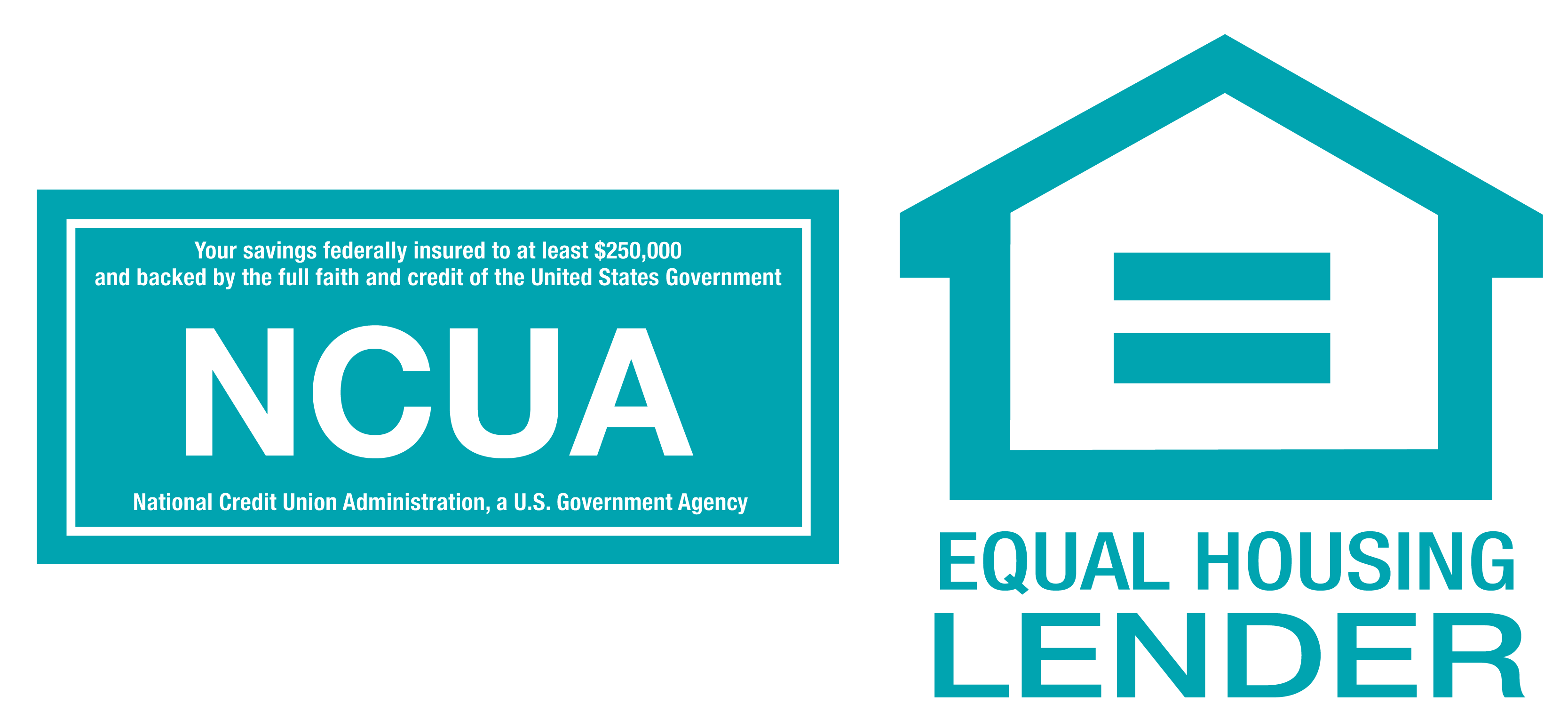GreenPath’s financial experts often talk to people on this bumpy road. During the call, counselors emphasize the importance of staying on track with car payments. Making regular, on-time car payments not only helps borrowers maintain a good credit score, but it also ensures the reliability and availability of your vehicle, allowing you to fulfill your daily responsibilities without unnecessary stress.
If you find yourself facing financial difficulties, it can be helpful to reach out for assistance and explore viable options to avoid missing payments. While there isn’t one solution that works for everyone, there are options that can work best for you.
Households managing credit card debt are especially challenged since with the latest interest rate hike, borrowing costs have risen to their highest level in more than 22 years.
As a result, people are “feeling the budget squeeze” each month when making that car payment.
Making late car payments can lower your credit score.
Unfortunately, the consequence of making late payments on your car loan can reduce your overall financial health. You will also end up paying more for your car due to late payment fees. And if the payments continue to be late, it might even result in repossession, which will become a negative chapter of your credit history.
With a little planning, it might be possible to get back on the road to financial health to keep current with car loan payments. Assembled here is a roundup of information to keep in mind if you’re consistently late with car payments.
Tips to staying on track with your car payments.
Determine a maximum amount for your back-to-school shopping based on what you need, what you currently have in the bank, and your other expenses. It’s natural to overspend (anyone else experience nostalgia surges at the sight of pencil boxes?) but aim to stay within your budgetary limits so you aren’t surprised when it’s checkout time.
Know when the payment will be considered late
- Check with your lender to confirm exactly when your payment will be considered late.
- Typically, a payment will be reported as late to the credit bureau when it hits 30 days past due.
- Ask your lender if there is a late car payment grace period. Some lenders provide a 10-day grace period for example.
Understand the late payment fee structure
- Look over the loan documentation to understand the amount of fees you will be assessed when payments are late.
- Creditors assess a late payment fee immediately following the missed payment, so be sure you have a clear picture of the fee total.
Track your credit score
- Creditors typically report a missed payment to the national credit bureaus after the 30-day mark.
- When you’re finding it tough to keep up with payments, be sure to track the activity on your credit report and monitor your score.
- Annualcreditreport.com provides updates from all three credit bureaus. Be sure your history is accurate and up to date. If something’s inaccurate, there are ways to reach out to credit bureaus for resolution.
Understand repossession policy
- The number of missed payments allowed before a lender repossess the vehicle can vary by financial institution.
- Some lenders can initiate repossession proceedings after a single default on the loan.
- Take the time to connect with your lender to understand their policies and timing when it comes to repossession.
Connect with the lender
- Waste no time reaching out to creditors before payments are missed.
- If payments are late, talk to the lender and ask for hardship options.
- If you are facing a financial significant hardship, often the lender is willing to work with people to prevent delinquency or repossession.
- Contacting lenders sets people up for ore options, a new payment plan or hardship assistance, especially if you’ve maintained a good payment history.
Return to budgeting basics
- Take an inventory of your financial picture. Has your income increased, decreased or remained steady? How have your expenses changed? Figure out your new baseline.
- Prioritize expenses. Take a hard look at non-essential expenses and determine those that can possibly be reduced or eliminated.
- Use a budgeting worksheet to track your monthly income against current expenses in order to prioritize the monthly car payment.
Your Next Step
It can be scary when loan payments are late, and there might be a chance your vehicle will be repossessed. It can be even more stressful when you work though the challenges all by yourself.
GreenPath is a trusted national nonprofit financial counseling agency helping people navigate debt, budgeting and financial challenges for more than 60 years. Our certified trained counselors will look at your entire financial picture and help make a plan tailored for your situation.
GreenPath counselors are trained in compassion and empathy. We will help you set a budget and prioritize car payments. And we’ll be here to answer questions and offer moral support along the way.







